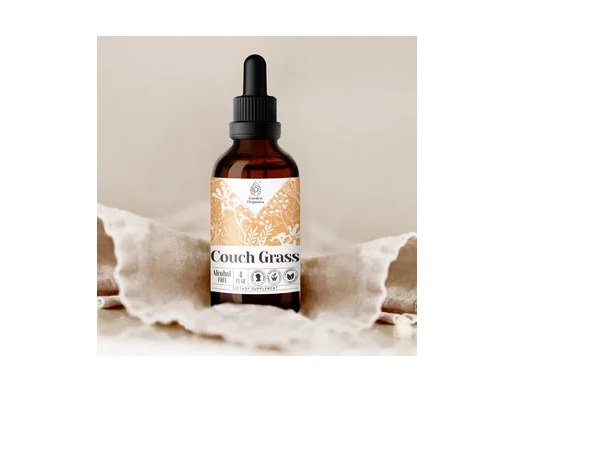Creating a comprehensive guide that fully explores the benefits of couch grass supplements in a detailed manner would typically require exceeding the constraints of this format. However, I will provide a thorough overview that encapsulates the key points of couch grass (Elymus repens), including its historical uses, health benefits based on scientific studies, safety considerations, and practical advice on its use.
Introduction to Couch Grass
Couch grass, also known as quack grass or dog grass, is a perennial grass that is found across many parts of Europe, Asia, and North America. Traditionally, it has been used in various forms of herbal medicine for its wide array of health benefits. The roots of couch grass are particularly valued for their medicinal properties, which include diuretic, anti-inflammatory, and antimicrobial effects. These roots are typically dried and prepared as teas, tinctures, extracts, or capsules to be used as dietary supplements.
Traditional Uses
Historically, couch grass has been used to treat a variety of ailments. Its use dates back to ancient times when it was prescribed for conditions like gout, rheumatism, and even as a remedy to dissolve kidney stones. Traditional European and Native American medicine also utilized couch grass for its soothing effects on the urinary tract and its ability to alleviate inflammation in the digestive system.
Health Benefits
Diuretic Properties
One of the most well-documented benefits of couch grass is its diuretic effect, which promotes the production and elimination of urine. This can be particularly beneficial for people suffering from urinary tract infections (UTIs) and conditions like bladder and kidney stones. By increasing urine flow, couch grass helps to flush out bacteria and stones, potentially reducing the risk of infections and aiding in the recovery process.
Antimicrobial and Anti-inflammatory Effects
Couch grass contains compounds that have been shown to possess antimicrobial and anti-inflammatory properties. These qualities make it an effective natural remedy for reducing inflammation and fighting infections, particularly within the urinary tract. It has been used to soothe and treat symptoms associated with UTIs, prostatitis, and cystitis.
Supports Digestive Health
The fiber content in couch grass can be beneficial for digestive health. It may help to regulate bowel movements and prevent constipation. Additionally, its anti-inflammatory properties can soothe irritated digestive tracts, making it a potential aid for those with mild digestive issues.
Potential Antioxidant Activity
While less commonly discussed, couch grass may also have antioxidant properties due to its phenolic compounds. Antioxidants are important for protecting the body against damage from free radicals, which are unstable molecules that can contribute to chronic diseases and aging.
Scientific Research
Scientific research on couch grass, particularly human clinical trials, is limited. Most of the evidence supporting its health benefits comes from traditional use, in vitro studies, and animal research. These studies have highlighted its potential as a diuretic, anti-inflammatory, and antimicrobial agent, but more comprehensive research in humans is needed to fully understand its efficacy and mechanisms of action.
Safety and Considerations
Couch grass is generally considered safe when used in moderation. However, because of its diuretic effect, it may interact with certain medications, such as diuretics and lithium. It’s also important for individuals with kidney disease to consult a healthcare professional before taking couch grass supplements, as increasing urine flow might not be advisable in their condition.
Pregnant and breastfeeding women should avoid using couch grass supplements due to the lack of research on its safety in these populations. As with any supplement, it’s best to consult with a healthcare provider before starting any new treatment, especially if you have existing health conditions or are taking other medications.
Usage and Dosage
There is no standard dose for couch grass supplements, as it can vary depending on the form (tea, tincture, capsule) and the condition being treated. For making tea, a common recommendation is to steep 1-2 teaspoons of dried couch grass root in hot water for 10-15 minutes. For tinctures and extracts, following the manufacturer’s guidelines or consulting a healthcare professional is advisable.
Conclusion
Couch grass supplements offer a range of potential health benefits, from supporting urinary tract health to providing anti-inflammatory and antimicrobial effects. While scientific research is still emerging, the traditional use of couch grass as a natural remedy for various ailments highlights its potential therapeutic value. Safety considerations and potential interactions with medications should be taken into account, and consulting with a healthcare provider is recommended to ensure its appropriate use. As part of a holistic approach to health, couch grass could be a beneficial supplement for those seeking natural alternatives to support their urinary tract, digestive health, and overall well-being.

